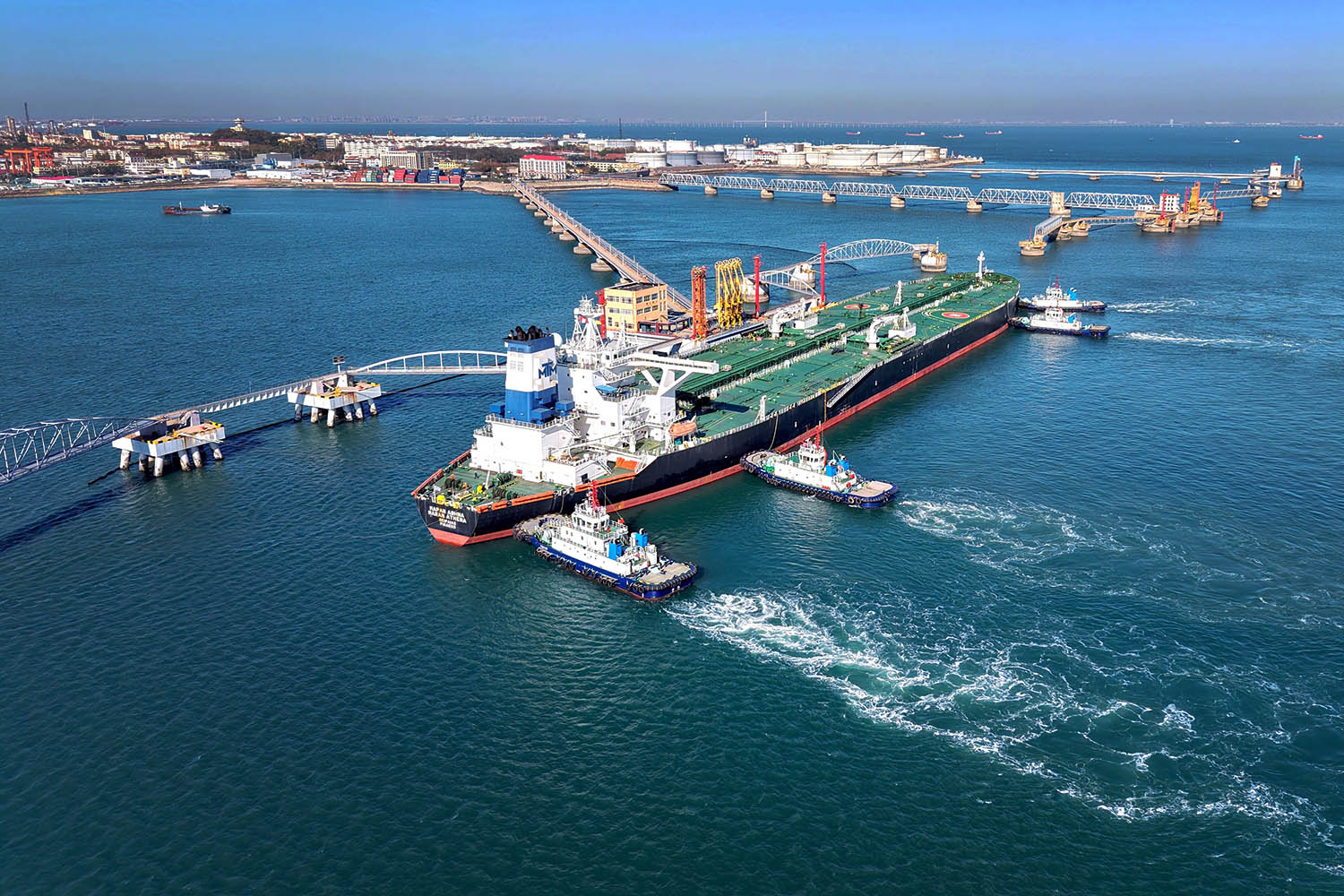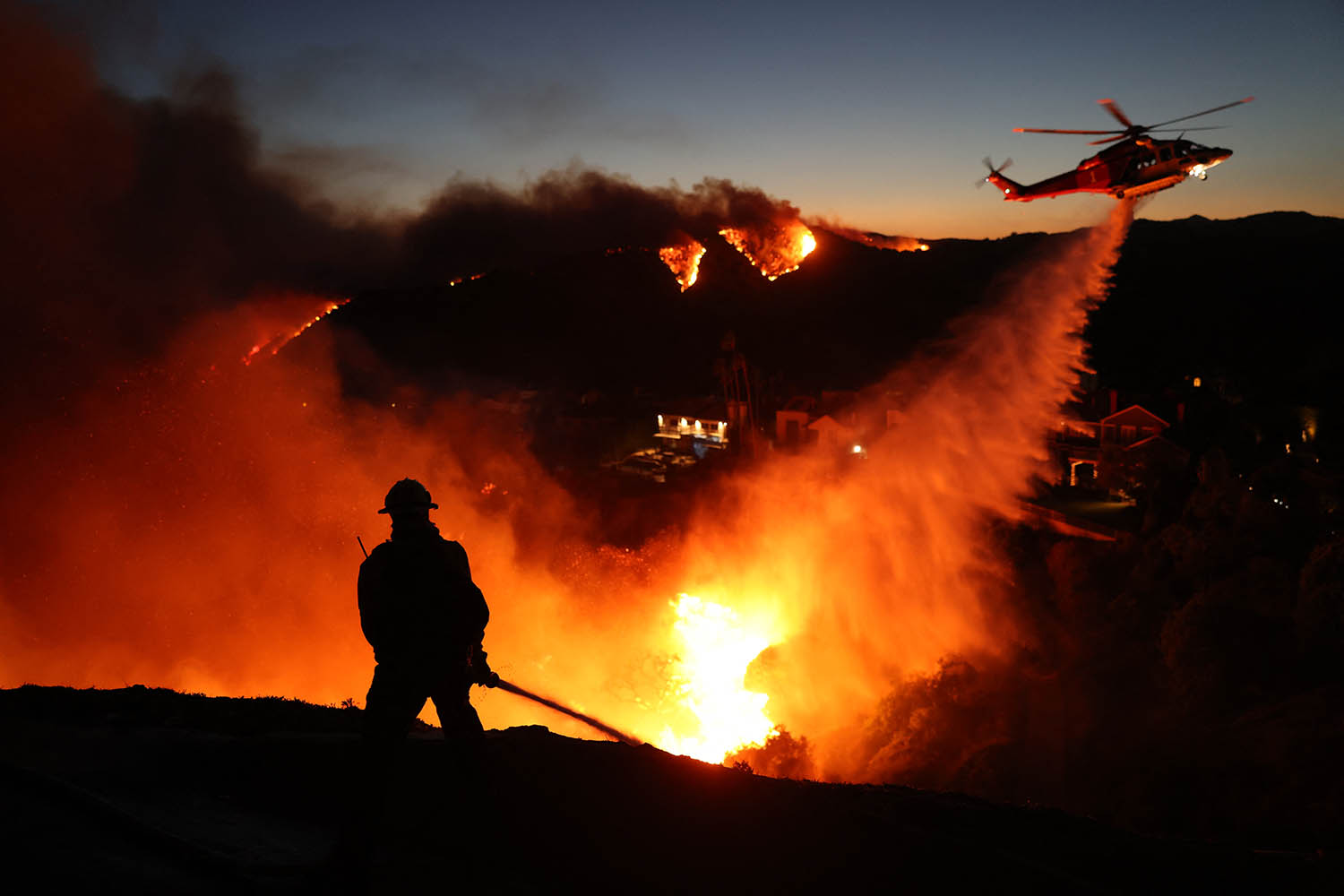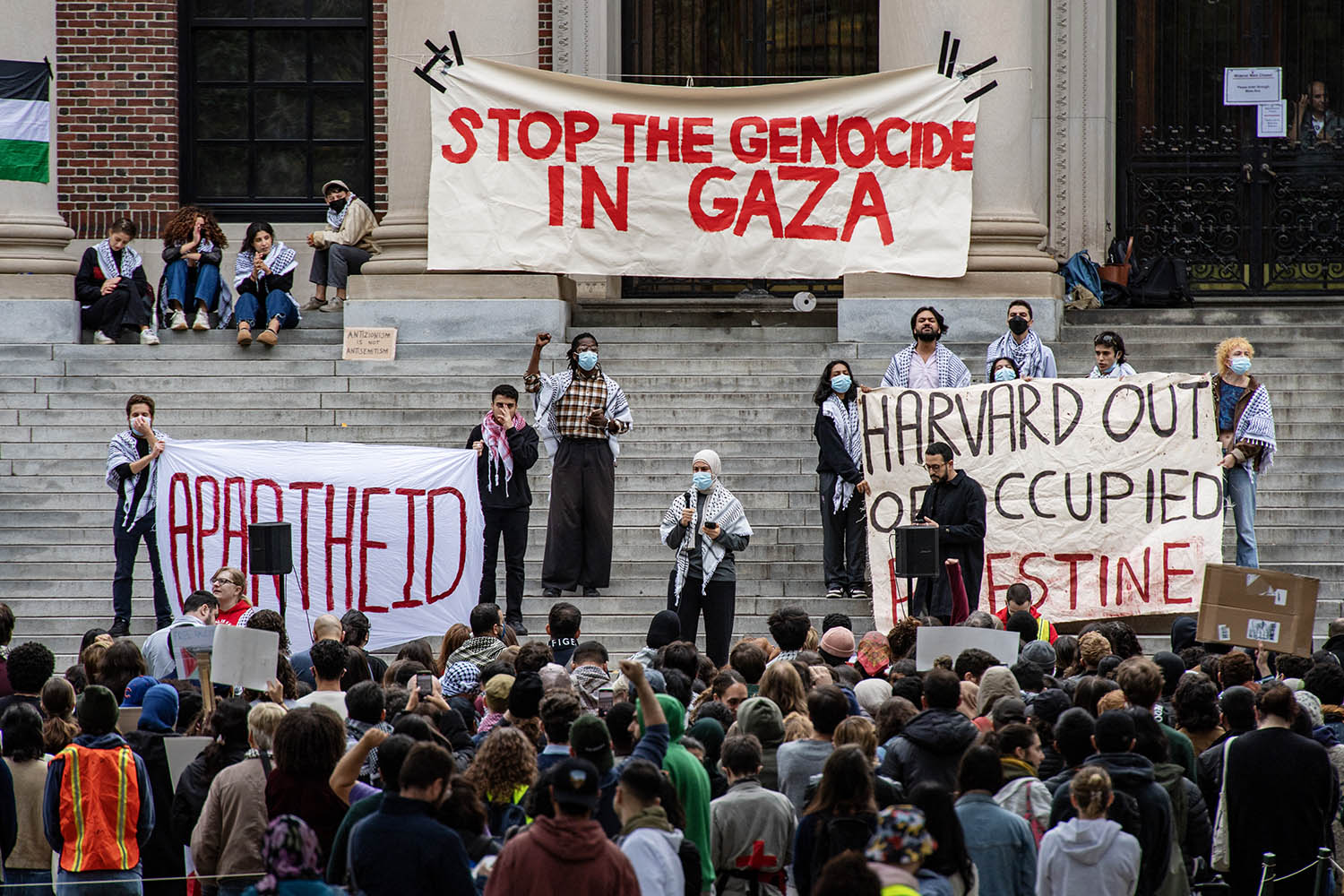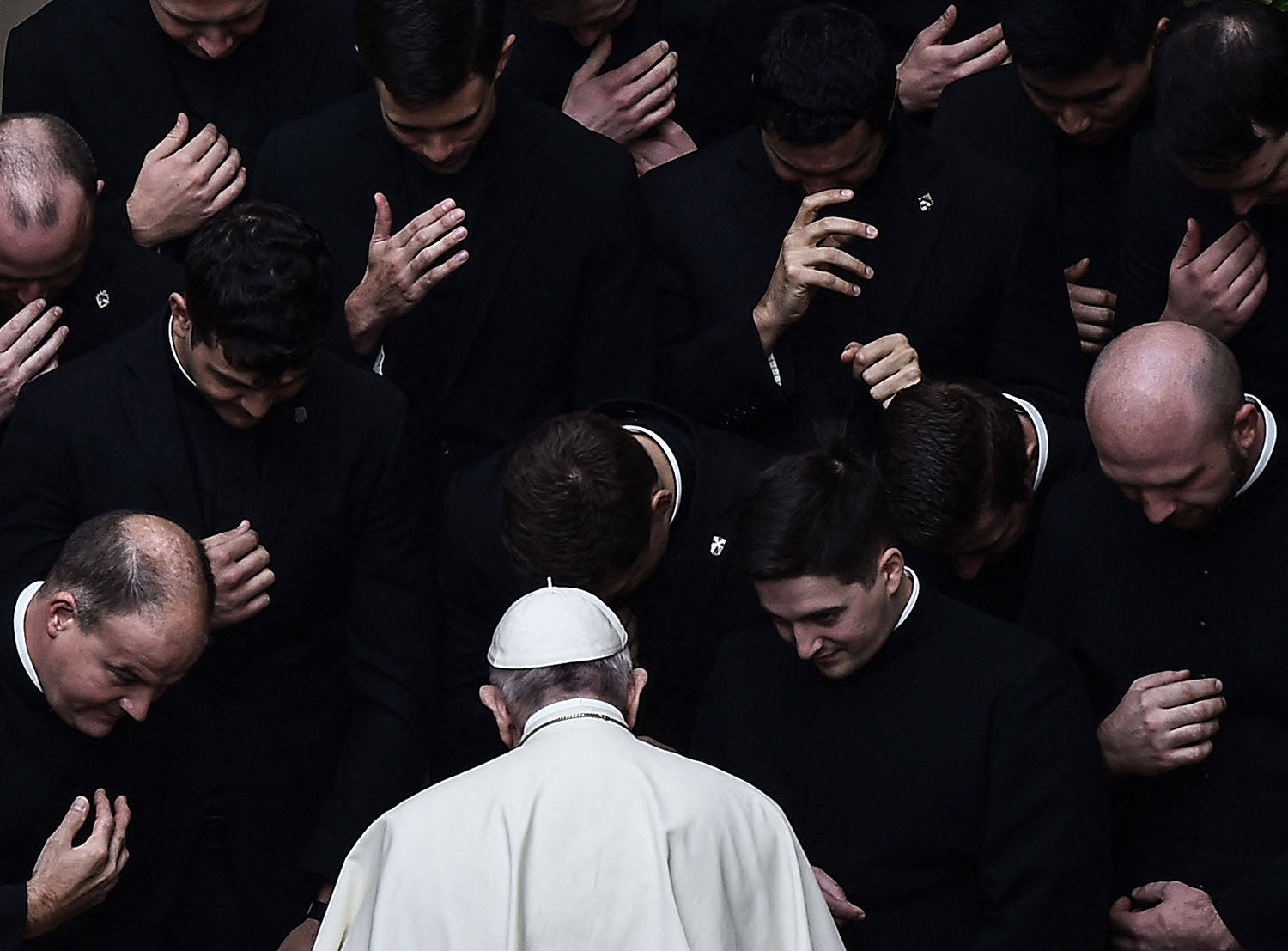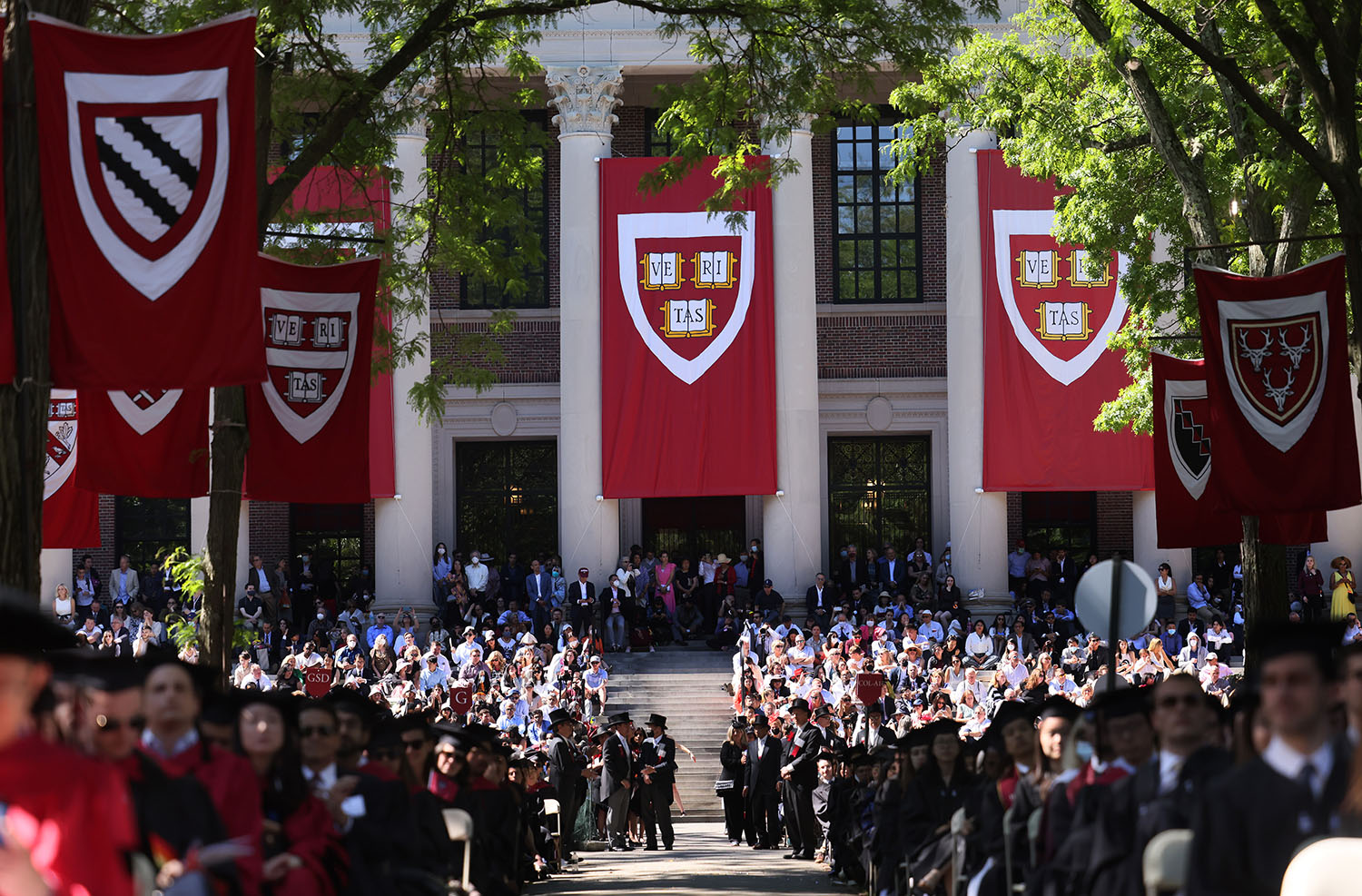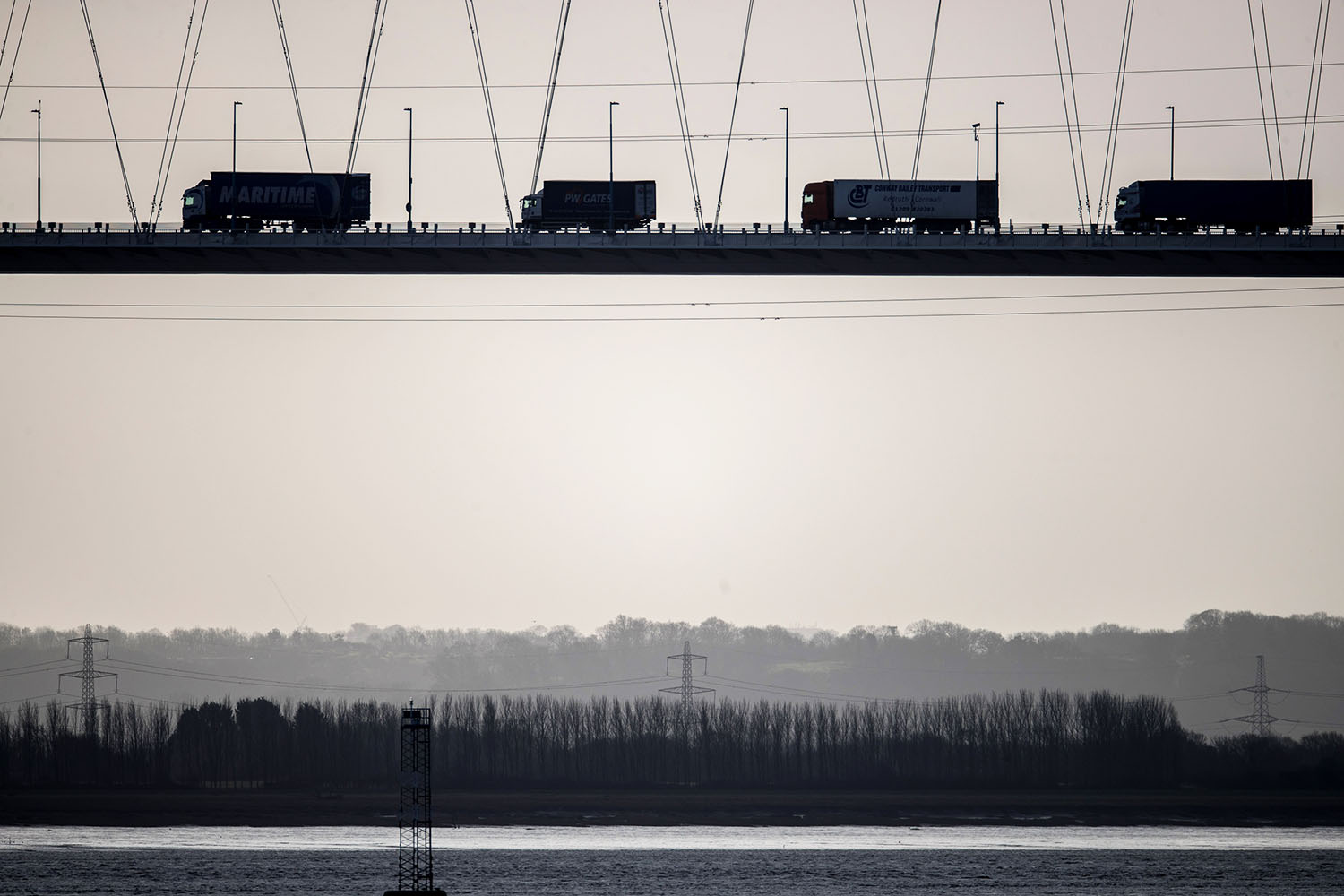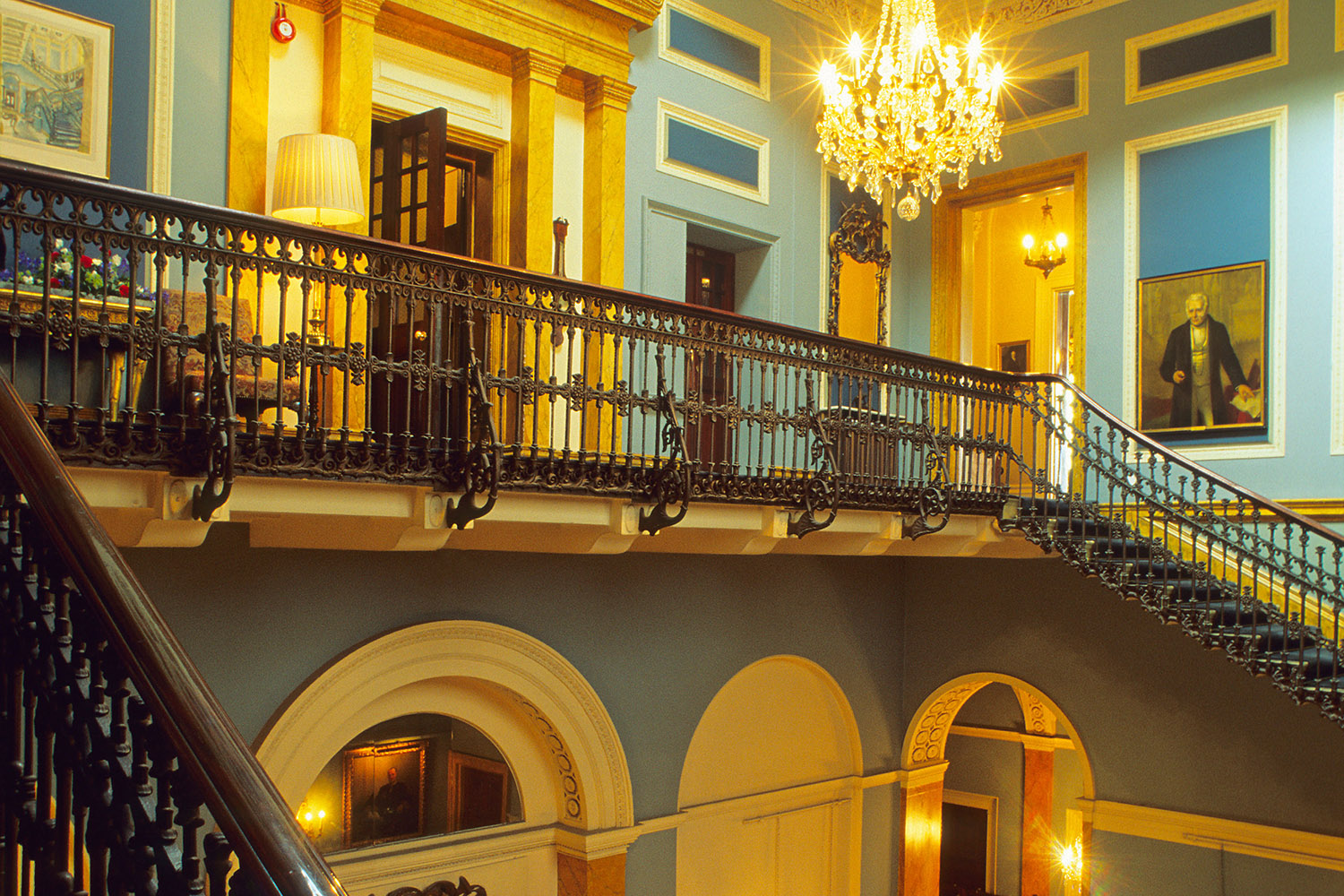
Dealing with a US president who mocks your country as his 51st state won’t be straightforward, whoever gets the job
There isn’t “a snowball's chance in hell” that Canada will join the United States, Justin Trudeau said this week.
Say what? The prime minister was responding to Donald Trump’s repeated threat that Canada should be a part of the US or face 25 per cent tariffs.
After Trudeau announced Monday that he would resign, the president-elect chirped again, writing: “Many people in Canada LOVE being the 51st state.”
So what? Canadians do not love the idea (82 per cent of respondents to one poll oppose it) but disagreement over how to respond contributed to Trudeau’s downfall.
His closest ally, Chrystia Freeland, resigned as his deputy last month, saying they were “at odds” on the best path forward for Canada in the face of the “grave challenge” posed by Trump’s “aggressive economic nationalism”.
Analyse this too. Trump the geopolitician has been multi-tasking, a bit like Elon Musk. In a press conference on Tuesday he
- wouldn’t rule out using force to take control of Greenland;
- falsely claimed China controlled the Panama Canal and threatened to seize control of that too; and
- mused aloud about renaming the Gulf of Mexico the Gulf of America.
Big neighbour syndrome. Explanations advanced so far for this impatience with the current world map include
- a conviction on Trump’s part that big countries have a right to bully smaller ones;
- a need to entertain his base; and
- a desire to menace his allies.
Trump is holding “a knife to the throat” of Canada, says Peter Donolo, a strategist who was communications director for former Prime Minister Jean Chrétien, comparing his threat to the existential threat posed by Quebec separatism 30 years ago.
Until now Trudeau has weathered rock-bottom popularity and a caucus revolt – insisting he is a fighter best placed to negotiate with Trump and take on the Conservative leader Pierre Poilievre, who enjoys a double-digit lead in polls.
But two weeks ahead of Trump’s inauguration, Trudeau faced reality and said he would step down, leaving his party scrambling for a new leader.
Who’s next? From the longlist to succeed Trudeau as Liberal party leader, no frontrunner has yet emerged. Options include:
- Freeland. A longtime Trudeau loyalist dubbed “Minister of Everything”, she deftly secured access to US markets during NAFTA negotiations in the first Trump administration, earning his ire. “She will not be missed!!!” Trump crowed at her resignation. Freeland has previously called Trump a bully.
- Mark Carney. Though he has never held public office, the former governor of the Bank of England (2013-2020) is pursuing a bid. A serious contender but hasn’t proved himself in retail politics. “I’m not yet convinced,” says one Liberal MP.
Other cabinet members reportedly in the mix include Karina Gould (house leader), Anita Anand (transport), and Jonathan Wilkinson (energy). Trudeau’s childhood friend Dominic Leblanc (finance) has ruled himself out, saying the threat of US tariffs “requires nothing less than my full attention”.
But with Trudeau so unpopular, outsiders may have a better shot.
Former B.C. premier Christy Clark carries no Trudeau baggage. “Most Canadians want a prime minister who is closer to the middle,” she said recently, alluding to Trudeau’s “woke” image.
Test one. Win the party leadership. Pundits predict a new leader will emerge by mid-March.
Test two. Beat the national odds. Trudeau’s successor will have to call elections, likely for May 5 or 12, which Poilievre is heavily favoured to win.
Test three. Cope with Trump – although Poilievre’s strategy may be to imitate him instead. He recently sat down for a two-hour interview with the manosphere provocateur Jordan Peterson, promising less woke-ism, more oil production and a new coziness with Trump’s America.
- On the Liberal deficit: “They get the party, I get the hangover.”
- On immigrants: “When they get here, they are Canadian first… Leave the hyphens.”
- On Trump: “We can get a great deal that will make both countries safer, richer and stronger.”
Good luck with that. Trump takes a more zero-sum view of dealmaking and liked to call Trudeau “governor”. For the winner, Canada’s next election may prove the easy part.
